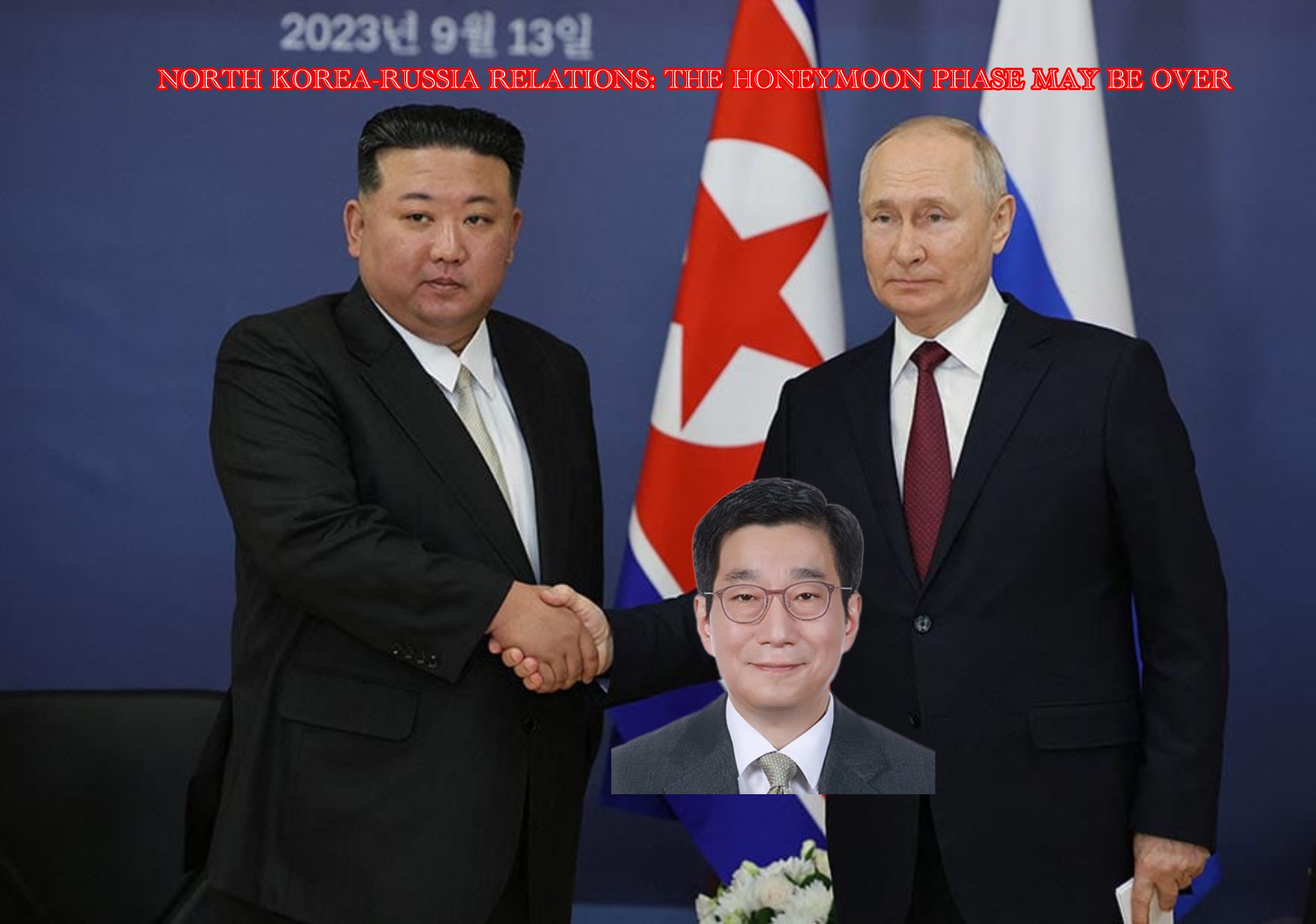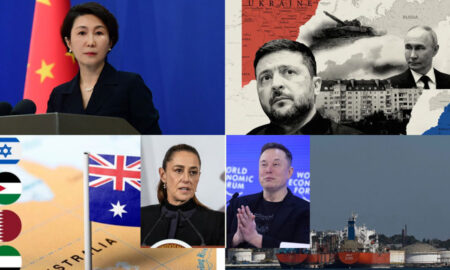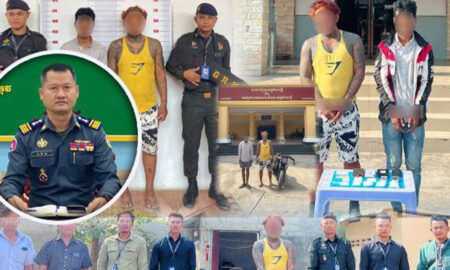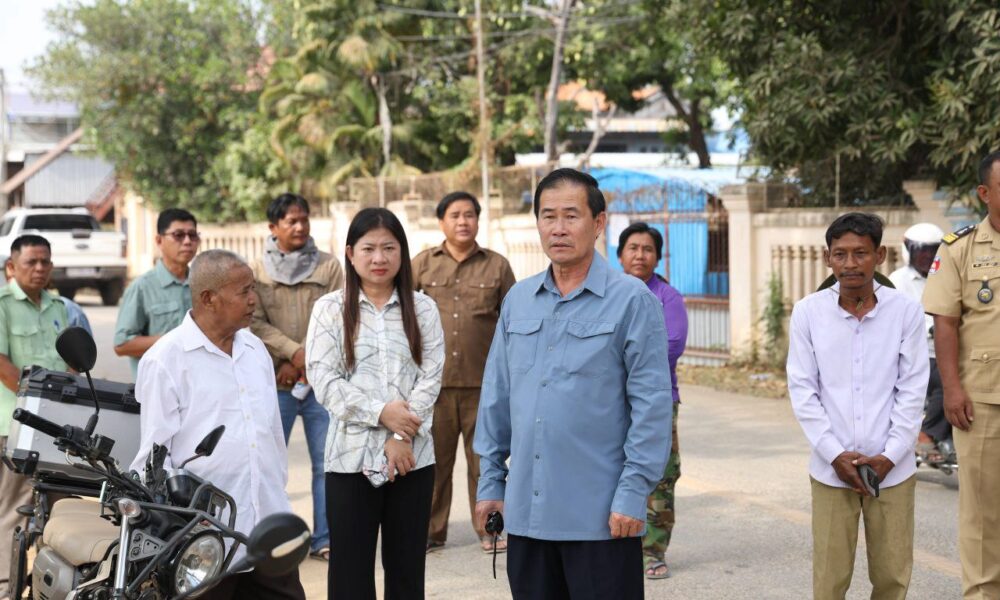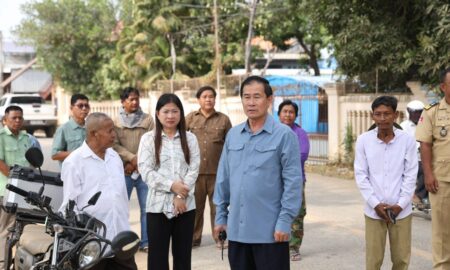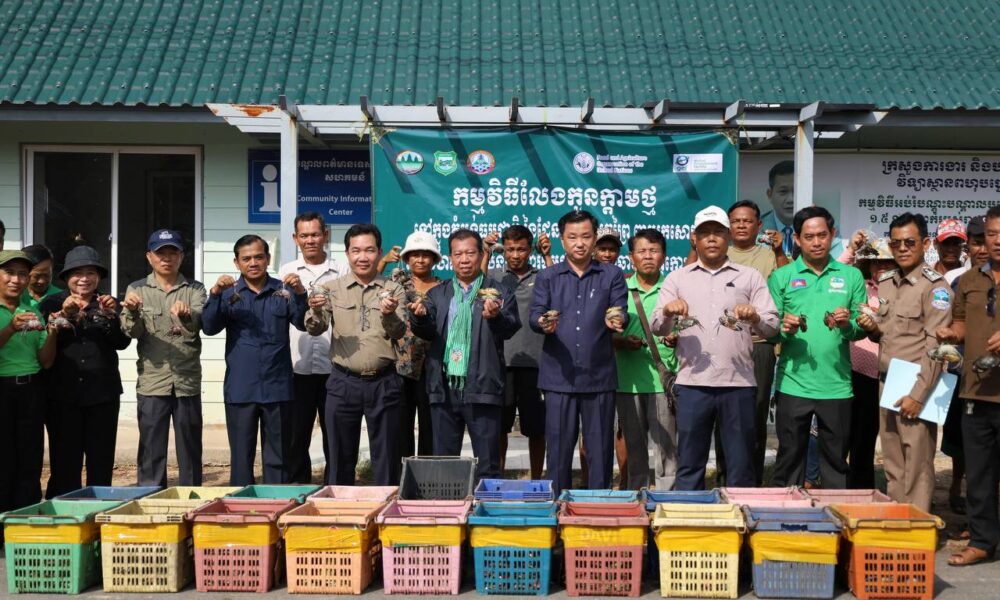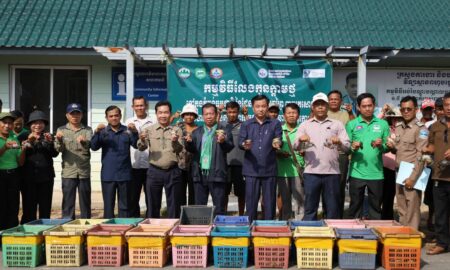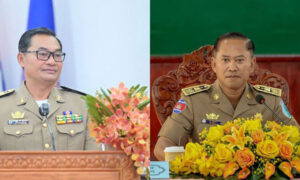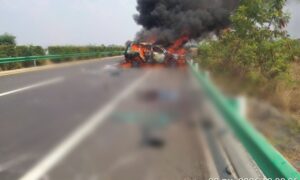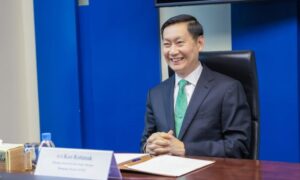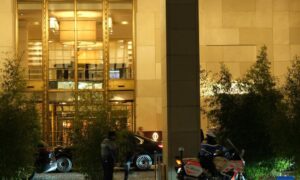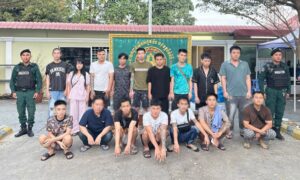Cha, Du Hyeon Principal Fellow at the Asan Institute for Policy Studies
On Apr. 26, Russian Chief of the General Staff Valery Gerasimov mentioned
that he wanted to give credit to North Korean troops who had made great
contributions to liberating the Kursk region when he was debriefed to President
Vladimir Putin via video call on Russian troops’ reclamation of territory in Kursk
occupied by Ukrainian forces. Moscow officially acknowledged the deployment of
North Korean troops in six months following the initial suspicion raised by the
Ukrainian intelligence authorities in Oct. 2024 that Pyongyang sent its troops to the
Russia-Ukraine war. Thereafter, Pyongyang also announced a written statement in
the name of the Central Military Commission of the Korean Workers’ Party,
disclosing its troops dispatch while commending the troops for their “heroic feats”
and “significant contributions” and assessing the dispatch of its troops and the
recovery of Kursk as “a historic new chapter for the North Korea-Russia relations,
marking the pinnacle of strategic alliance and brotherhood.”
President Putin exchanged handshakes with North Korea’s military delegation
at a Victory Day military parade held in Moscow on May 9. Kim Jong-un highlighted
“eight decades of unshakable friendship and solidarity of the two”, claiming that
North Korean and Russian troops eliminated their “shared enemy” and its
participation in the battlefield was legitimate as its “sovereign rights”. On the face
of such remarks and their closer ties, the two seem to be demonstrating a stronger
alliance which has been reignited after the signing of the North Korea-Russia Treaty
on Comprehensive Strategic Partnership in Jun. 2024.
At the same time, what lies beneath is a subtle divergence in how the two
sides interpret their bilateral relationship. First, even though Russia and North Korea
have officially acknowledged the deployment of North Korean troops, there are
some nuanced differences. Unlike the North which has described the deployment as
heroic acts and claimed such military contributions are reciprocal, Russia has not
mentioned its role in matters related to the Korean Peninsula while recognizing
North Korean troops’ contributions. Indeed, Russia has limited the collaboration with
North Korea to the Russia-Ukraine War while Kim firmly stated that “any
aggression” by South Korea or the US on the Korean Peninsula would be countered
“in accordance with the the provisions and spirit of the North Korea-Russia Treaty”.
Such differences were also observed during the military parade on the Victory Day
held in Moscow. Some had speculated that Kim would attend the parade, but he
did not. This may suggest that the Victory Day event attended by various parties—
did not align with his intention to showcase their close ties. In other words,
Moscow which has already gained the upper hand in the Ukraine war may have
wished to avoid a situation in which their relationship would be highlighted, unlike
Pyongyang, which is eager to emphasize their ties at home and abroad.
Second, as North Korea and Russia strengthen their ties, there is a possibility
of disagreements arising during the interim settlement process in which they discuss
what they can offer each other. On top of that, it can be said that North Korea
has already conveyed its intentions by Kim not attending Russia’s Victory Day
celebrations. Despite North Korean troops’ contribution to the recapture of Kursk,
currently, there is no indication that North Korean troops have been deployed to
eastern Ukraine in which Russia is intensifying its offensive. Having already
demonstrated its ability to supply Russia with weapons and troops, North Korea
may intend to convey a message that Russia’s further demands should be matched
by greater compensation. It may have already received or been promised food,
energy, and conventional weapons from Russia in exchange for its artillery shells,
ballistic missiles, and deployment of troops. Kim may now demand something
beyond what he has previously received-possibly technology and components for its
recently-revealed submarine and 5,500-ton destroyer, as well as nuclear-related
technology, but Russia’s response remains unclear.
Third, the North Korea-China relations, as well as the relationship between
the two leaders, may also be considered variables. The strengthening of North
Korea-Russia ties may strain North Korea’s relationship with China, which accounts
for over 90% of North Korea’s foreign trade. It is uncertain how long North Korea
can endure such a risk. Given that Russia has been increasingly depending on China
after the outbreak of the Russia-Ukraine war, it also has to recalibrate the level of
alignment with North Korea. The fact that all three countries North Korea, China,
and Russia are characterized by an authoritarian one-man dictatorship serves as an
incentive for collaboration, while also posing potential challenges. The dictator has a
desire for control and dominance, and the desire usually reaches beyond internal
governance and into foreign relations. As Kim Jong-un and North Korea who seek
to establish themselves as an equal partner with China and Russia and to drive the
trilateral cooperation at times, there is a possibility of a rift among the leaders,
with China and Russia trying to keep North Korea still in a junior partner role.
In some ways, the close ties between North Korea and Russia may have
already entered a period of adjustment, having passed the honeymoon phase. The
fact that the two have officially acknowledged the participation of North Korean
troops in the war suggests that such an adjustment has already begun. Initially,
both were reluctant to officially confirm the deployment of North Korean troops,
with Moscow calling it “a matter between the two” and Pyongyang describing it as
“an action in accordance with international legal norms”. The significant losses that
North Korean troops inevitably experienced in the early stages of the deployment
may have played a key role in this reluctance. In addition, their deliberate wait for
a more opportune moment for propaganda purposes is evidence that they
themselves have acknowledged the unjustifiability of the deployment. North Korea
will likely demand substantial compensation for its heroic achievements, but Russia’s
calculations may now take a different turn after having narrowly avoided a critical
Situation.


